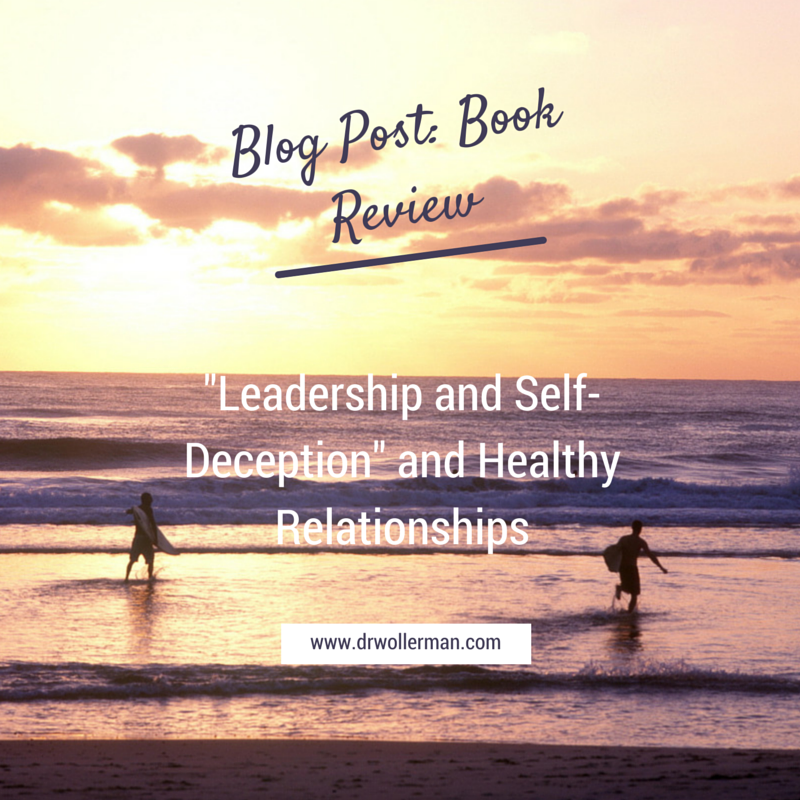
One of the most important topics that this book covered is the importance of seeing other people as people. When we objectify others, we create more opportunity to blame, dramatically reduce compassion, and reduce our ability to take accountability for our role in situations. I believe that one of the reasons why many of us fall into this trap is due to our feelings of shame. Shame fundamentally prevents authentic connection and accountability. It is so painful to experience that most people avoid acknowledging that we are feeling shame and then react in ways that are not productive or helpful (blaming, shutting down, giving in, etc). If you are interested in learning more about shame, Brene Brown’s books and videos are phenomenal!
A commonly addressed issue in therapy is helping people see others’ perspectives, particularly while having challenges within a relationship. For example, you might find yourself in an argument with either your significant other, partner, child, or close friend where you find yourself only seeing your side of the situation and completely blaming the other person for the entire issue. Then you might only notice details about the situation that confirm what you think/believe about the other person. This exact scenario is very common and brought up frequently in therapy. Interestingly, one of the fears many people have when their loved one begins therapy is that the therapist will only address and validate the clients’ side of things, rather than helping to bring about more accountability and addressing what changes they can make to improve their relationship. Many of the therapists that I know, including myself, would never practice in that way as it simply is not beneficial to the client!
As unbiased observers in someone’s life, our role is typically not to be simply that person’s cheerleader (though sometimes we do that too!), but to be a catalyst of change in their lives to help them reach their goals and resolve their past hurts. I see a big part of my role in assisting people in identifying their experience of shame and resolving its’ negative impact in their lives. Through this exploration, I encourage the clients with whom I work to go deeper into their understanding of themselves and how they contribute to the problems at hand. I also work with them on building empathy and compassion for their partners, and themselves, to help reduce blame, manage shame, and increase their own accountability. Relationships often change dramatically even if just one partner takes this approach.
From a psychological perspective, I was impressed with the ability of this book to explain in a simple manner complicated and difficult to accept concepts. These concepts are difficult to accept for one main reason. It is just so much easier to continue viewing others as objects and blame them for the situations that go awry in our lives. I totally understand that feeling and experience it myself at times. It can be challenging to recognize our own responsibility making changes. Again, this challenge is usually rooted in our shame in that when we allow ourselves to see the mistakes we are making, we often spiral out of control in our thinking in that one mistake can mean everything is a mistake and we are “all bad.”
Through therapy and self-compassion, we can learn how to mitigate these thoughts and feelings to be able to accept our flaws, be vulnerable, all while exhibiting compassion for ourselves and others. This is when our lives change, including our relationships! Just imagine, being able to get enough distance from our problems and mistakes that we can see them more clearly and less catastrophically. Instead of thinking, “I must be a terrible person, etc” you will find yourself thinking, “I wish I had handled that situation differently, I definitely messed up but I can work on that so that in the future I do better for myself and those around me.” Thinking in this way can be quite liberating!
Reading this book just might help you work towards this goals and it is quickly becoming a new favorite of mine to recommend for anyone struggling with interpersonal relationships. If you end up checking it out or if you’ve read it in the past, I’d love to hear your thoughts on it as well! You can find the book on Amazon here.
Thanks for reading!
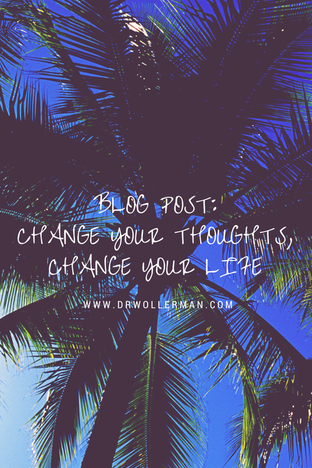
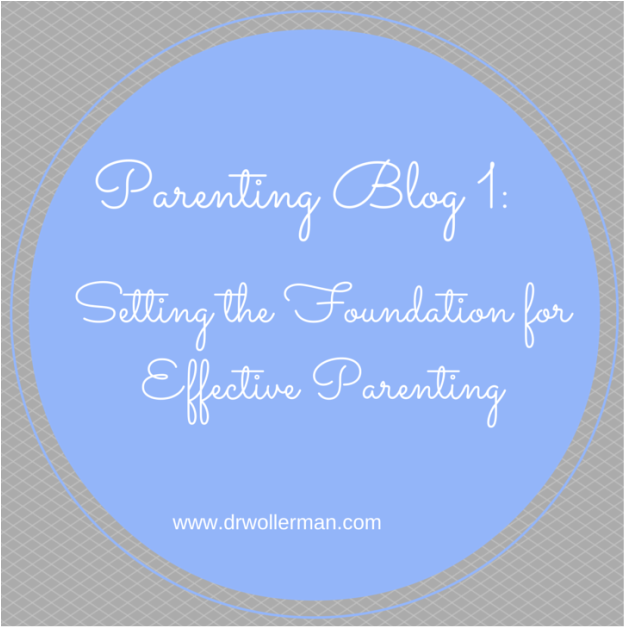
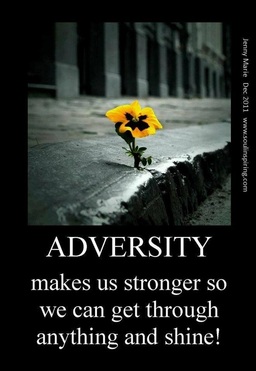
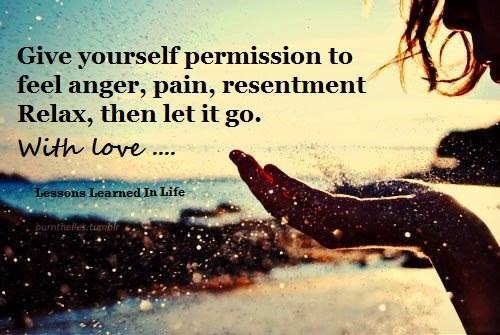
 RSS Feed
RSS Feed